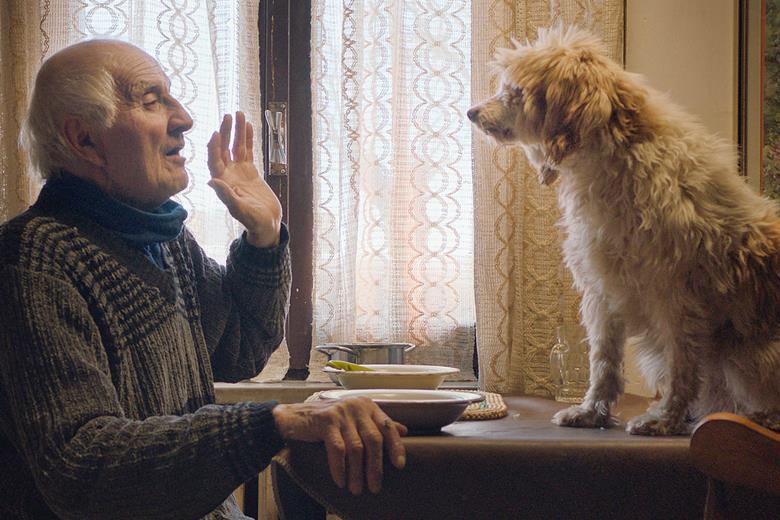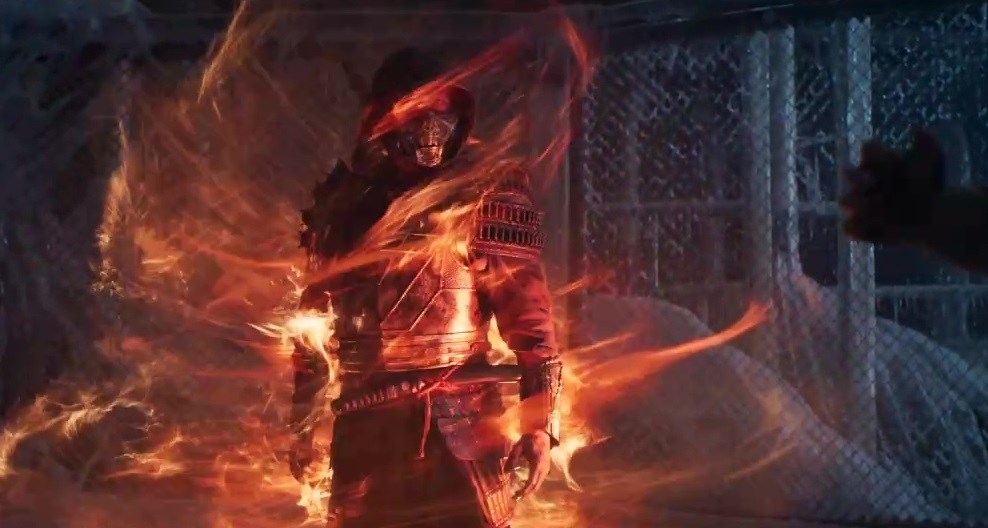Percy vs. Goliath
by George Wolf
Not that long ago, this film was called Percy and ran a full two hours. Since then, it’s gained a word and a half in the title while losing about twenty minutes of run time. What’s left is a rushed, but fairly standard telling of a real life everyman’s battle with a corporate behemoth.
In the late 1990’s, Saskatchewan farmer Percy Schmeiser (played with weary conviction by the iconic Christopher Walken) was sued by the Monsanto corporation for “patent infringement.” Their claim was that Percy was planting his fields with some of Monsanto’s patented GMO seeds without a license.
A multi-generational family farmer, Percy argued that he has never planted with anyone’s seeds but his own. His father taught him to be a “seed saver” and store the most robust seeds for use the following year. Any Monsanto seeds found in his fields, Percy argued, must have traveled by wind or passing trucks.
Monsanto’s lead counsel Rick Aarons (the always welcome Martin Donovan) ain’t buying it, and Percy’s folksy lawyer Jackson Weaver (Zach Braff) advises Percy and his wife Louise (Roberta Maxwell) to cut their losses and settle.
But Percy’s moral code – along with plenty of encouragement from environmental activist Rebecca Salcau (Christina Ricci) – lead him to the courtroom. Once there, the introverted Canadian farmer gets more attention than he bargained for, and pariah status in his own community.
The script from Garfield Lindsay Miller and Hillary Pryor hits all the required notes, but director Clark Johnson (2003’s S.W.A.T) never provides the breathing room to let events in or out of court truly connect. While many films are wise to trim the fat, the twenty minutes gone from PvG feel haphazardly culled, leaving behind whiplash edits and stalled resonance.
Led by the sympathetic Walken, the ensemble cast is uniformly effective, but caught in a scattershot narrative. With its mind on justice for the little guy, local and global farming conflicts, manipulation from all sides and above all, doing the right thing – Percy vs Goliath has many hearts.
And while all those hearts may be in the right places, what holds the film back is a tendency to take the early advice that Percy ignored. Make the cuts and settle.












